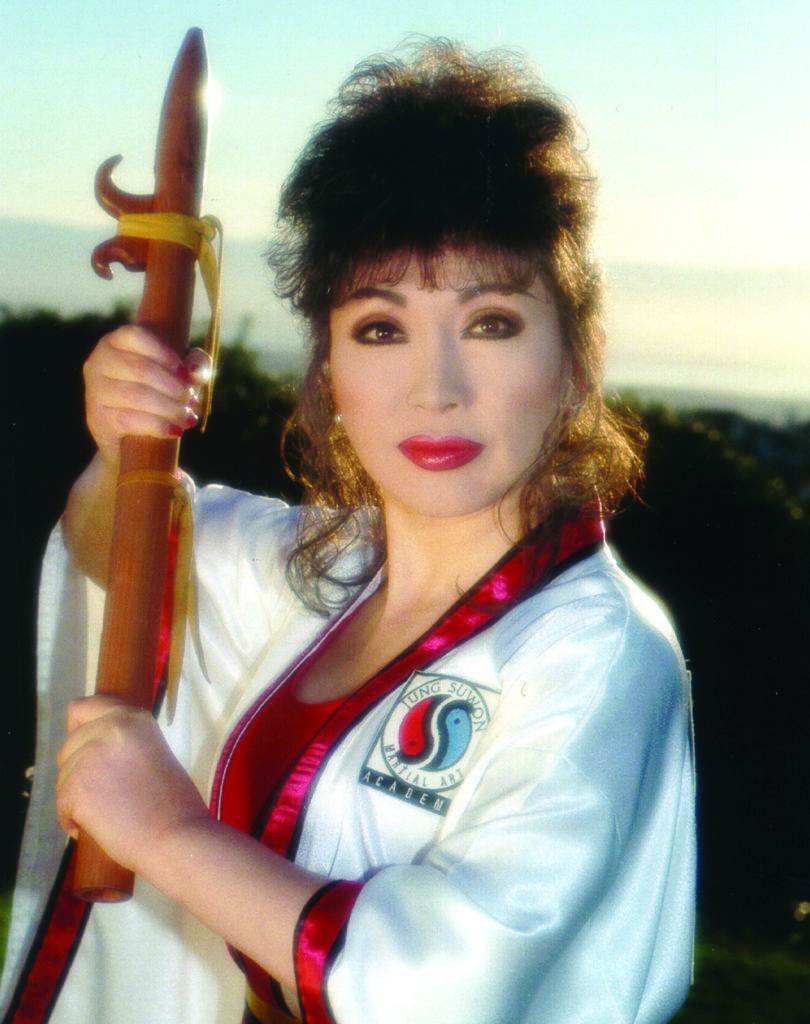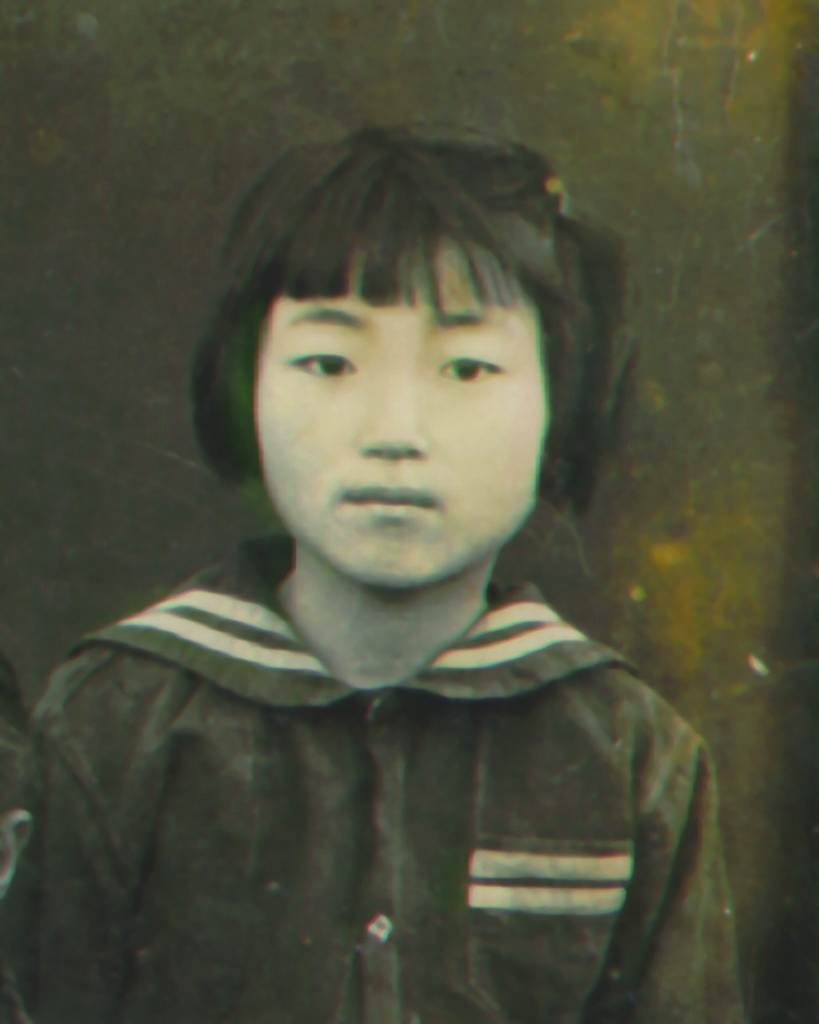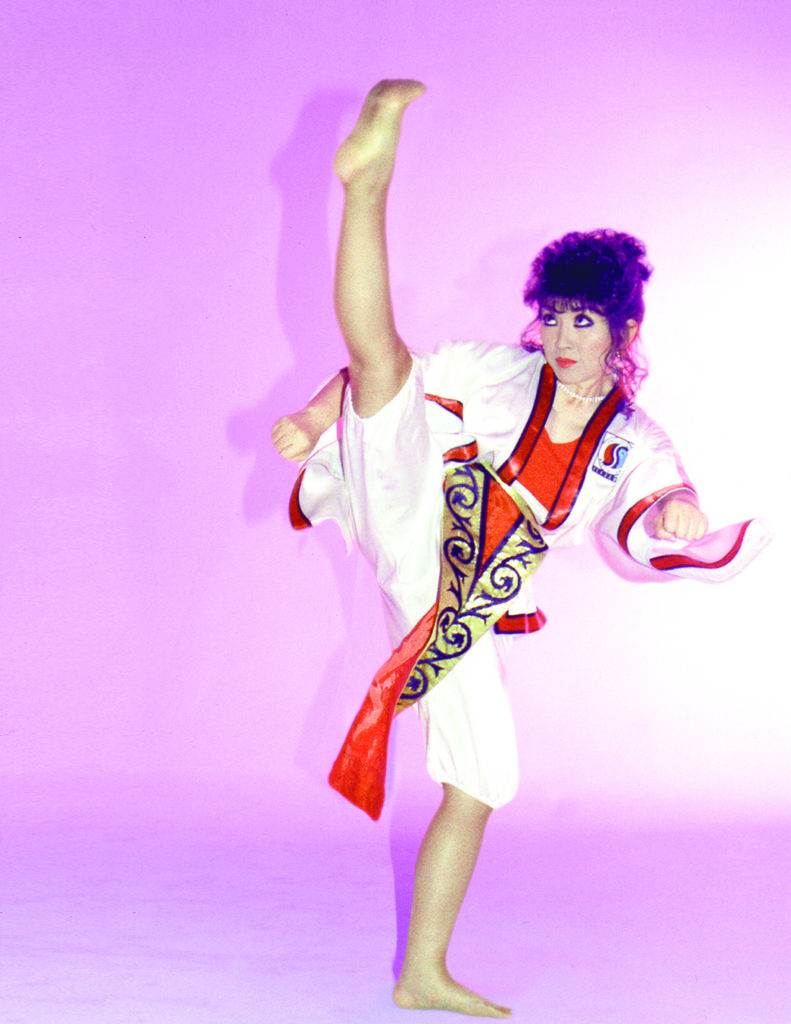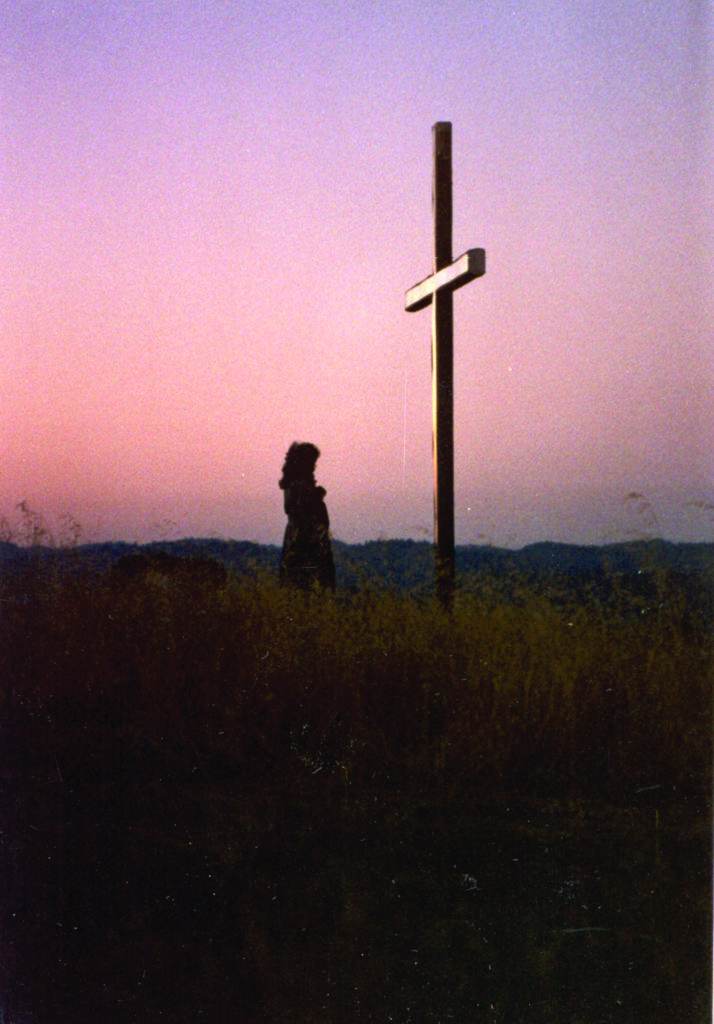Martial Arts’ First Korean Female Great Grandmaster
Dr. Tae Yun Kim is a Great Grandmaster and the first and highest-ranked Korean female martial artist. Cursed for being born a girl, she was abandoned at 5 by her family during the Korean War and later at 8 was reunited with her grandparents—whose attempts to marry her off she cleverly thwarted with her own dreams of becoming a Tae Kwon Do master. She found a male teacher willing to break the 5,000-year tradition that forbade females from learning martial arts.
In 1969 she emigrated to the U.S., which became the stage for her unusual Horatio Alger trajectory—becoming a successful teacher, tech entrepreneur (Lighthouse Worldwide Solutions), and best-selling author, among other accomplishments. A peaceful—yet determined—warrior, Dr. Kim is based in Fremont, CA, where we caught up with her.
Common Ground: What was it like growing up as a little girl in Korea?
Tae Yun Kim: Nobody should go through what I went through. I grew up in a beautiful rural village with only 300 people and no electricity. Across the river there was one post office with one phone and one radio. In Korea the culture dictates that your first child must be a boy—cannot be a girl. A boy is good luck while a girl is bad luck. When a boy is born, they proudly put a hot pepper on their front door. When it’s a girl, they put charcoal. It’s symbolic. I was the first born in my family—charcoal.

How did that affect you psychologically?
My family always told me, “You are a curse; don’t shame us anymore.” During the Korean War, bombs were dropping everywhere and my village was evacuated. My family abandoned me because I was bad luck. I was so scared. I didn’t understand why I was left behind. I just cried, calling out to mommy.
Then a miracle happened. An older girl came and said sweetly to me, “You can’t stay here. Race with me!” I remember thinking, “Wow. What a beautiful voice. She is not cursing me.” I forgot my mommy and every thing and said, “Okay, I will follow.” With laser beam focus I ran as fast as I could to keep up with her. Then something happened—“Kaboom!” I have no idea what it was, a land mine or bomb dropping. All I know is everything went black. When I woke up, I was looking for her, crying “Where are you?” I finally found her. I remember shaking her, apologizing, saying, “I’m sorry, I will run faster.” She never woke up. I saw her arm was gone and there was blood all over. That was my very first friend and my first experience with death.

Wow. When did you discover martial arts?
After the war, my parents put me in my grandparents’ house, where I woke up every morning to the sound of my eight uncles training in martial arts, loudly shouting Ki Ups [loudly yells Ahh-yaaa!], an internal sound which brings the total vibration of mind body spirit forward.
I was not supposed to see them, but I made a little hole in the rice paper window to watch my uncles kicking, , and moving like a dance, a wave, the wind blowing. It so captured my heart. I begged my uncles to teach me, but they said, “Don’t you know that you’re a girl? You must learn to cook, sew, get married and produce twelve sons.”
I didn’t want to be like my mother and aunts. That was fine for some people, but I saw them working so hard every day and when they came home they would cook and clean and have their husbands beating the hell out of them for whatever reason. That wasn’t for me. I decided that I would train in martial arts and that I would teach. They said, “No, no, no.” I said, “Yes, yes, YES!” My youngest uncle finally gave in to my pleading and started to teach me, expecting me to give up early because of all the bruises, but I didn’t give up and got better.
How old were you at this time, and did your uncles capitulate and train you?
I was only 8 years old and no, most of my uncles didn’t help me at all. The youngest uncle who finally taught me a few moves now lives in America and many years later he apologized to me in front of all my students. He said, “I’m so sorry, I didn’t know you were this special. I should have really focused on teaching you. I had no idea.”
My interest in martial arts became an urgent problem with my grandparents. The family got together and decided to contribute a big dowry to marry me off to anyone. They organized a meeting with a professional matchmaker. One day this strange woman came to the house, talking to my grandfather and glancing at me. I did everything in my power to make her not like me. When my grandfather asked me to serve her hot tea I deliberately poured it on her lap. [laughs]
[laughs] I bet your strategy worked.
Oh, yes. The matchmaker was furious, shouting, “I don’t care how much money you give me, she’s a tomboy, she’s bad luck! She’s clumsy! I will never find her a husband!”
So how did you come to be a Great Grandmaster?
My grandparents had given up on marrying me off after the matchmaker incident. They decided to send me away to become a monk. A famous Buddhist Ki Energy master would go around blessing homes in exchange for food. My grandfather invited him to our house.
When he met me, he asked, “Don’t you want to get married, little girl?” I said, “No sir, I want to be me. I want to become a martial arts teacher.” He looked at me and said, “You are very special. Someday you will lead many people on this planet.” Together when I became his student we broke the 5,000-year tradition that said girls were forbidden to train in the martial arts. I was only 8 years old.
My Master taught me in a very traditional way. He gave me many lessons and would teach me about life force and energy through my experiences with nature. In 1969, my Master told me I had to go to America. I didn’t want to go at first, but he told me that I must go. So I listened to him and went.
How did you begin teaching in America?
When I first came to Vermont, I didn’t speak much English. My first job was cleaning toilets at a Howard Johnson hotel. I was so excited because when I cleaned, I got paid! Back in Korea, I would clean and get beaten! [laughs]
I really wanted to teach so I took my Korean-English dictionary and notepad and went to the local high school. I sat in front of the teachers’ office and waited to be invited in. I didn’t know I could knock on the door and just go in. In my country, you had to be invited. So I waited every day for a month!
Finally they asked me what I wanted to do, and I told them “Teach.” They asked, “What do you want to teach?” I said, “Karate.” But they said “Oh, no! we don’t want our kids to break pencils or kneecaps!”
I expected this kind of response and I told them that I don’t teach how to break things, I teach how to have a positive character. They said they didn’t have any money, and I said I didn’t want money, just the opportunity. So then they said, “Okay.”
You moved to Silicon Valley. Can you describe how you became a tech entrepreneur in America?
At the time, I was having a challenging time teaching. People didn’t want to rent a school to me. When I finally found one, people threw garbage all over my school and eventually burned it down. I was very lost. So, I went up to the mountain with only my Bible, and no food or water.
After two weeks, Jesus appeared to me, saying, “You are my living daughter and I give you Isaiah 60.” He showed me a picture of technology helping people and I thought I was hallucinating because I hadn’t eaten for two weeks. It didn’t make sense to me. I came down from the mountain, and two months later, I had the same vision, but this time I wasn’t fasting so I knew it was real. I didn’t know anything about technology. One of my students was a design engineer at IBM so I approached him and told him that I needed to open a computer company. He said I was crazy because I was a martial artist, not a computer person. I finally convinced him, and we started Lighthouse Worldwide Solutions.

Yours is the ultimate Horatio Alger story. I don’t think readers fully appreciate the opportunities this country offers…
I love America. I love the US military forces that came to save me, my village, and my country. I came to America from a country that was devastated from a war and was recovering. As a woman in Korea, I had no freedom, no power, no ability to do what I wanted to do, say what I wanted to say, or even think what I wanted to think! Women were worse than second-class citizens, worse than pigs or cats.
Here in America I get paid when I work! I can go to the store and buy what I ant. I can wear whatever clothes I want. Here I can start my own business—America is truly the Land of the Free!
Whenever I see someone who throws trash or gum on the ground I get so upset. Why are they treating this land, God’s land, like a garbage can? They don’t appreciate the beauty of this land! I say to those people, “Go to another country that doesn’t have running water, or electricity, or any of the freedoms that we have here. See how you can live.” I think they need to go so that they can appreciate how truly amazing America is!

Korea was predominantly a Buddhist country, but you gradually shifted to Catholicism. Can you describe your spiritual journey?
My mother was a strong Christian. She took me to church and when we came home, my father would beat me and my mom. I talked to God all the time. When my father locked me out of the house or beat me, when my mother cut off my hair, I had only God to talk to. Even my Master supported me to follow Jesus. My Master was very special and different from everyone else in Korea.
I am nothing without my Lord, not even dust. But I am everything with Him. I believe we are all children of God. I don’t separate one from another. Whether you are Christian or Buddhist, Muslim or Jewish, everyone believes in the power of love, right? They use different words and different stories, but the message is the same!
What is the core message of your book, Seven Steps to Inner Power?
To me, this is not just a book. It is my heart, my breath, my spirit; it is the rhythm of life. My message is that no matter who you are, no matter where you are, no matter what your life situation may be, you have the power within you to rise above and overcome the challenges you face. You don’t have to settle for less in your life. With determination, with focus, with energy and spirit, you CAN rise above and break all the barriers that you face in your life. I did it! So can you! Don’t treat this book as just a book. This book is your best friend that you can turn to whenever you have questions in your life.
What is your ultimate message to Common Ground readers, particularly women?
The power is in you! What you do in your life is your personal choice! No one can eat for you, no one can sleep for you, no one can go wee wee for you! Stop letting what other people say about you define who you are. You need to look into yourself and discover the beauty that you have, that we all have inside.
If you want, you can break through to your awesome, but you have to take action to be the driver in your life. It’s up to you.
Rob Sidon is publisher and editor in chief of Common Ground.